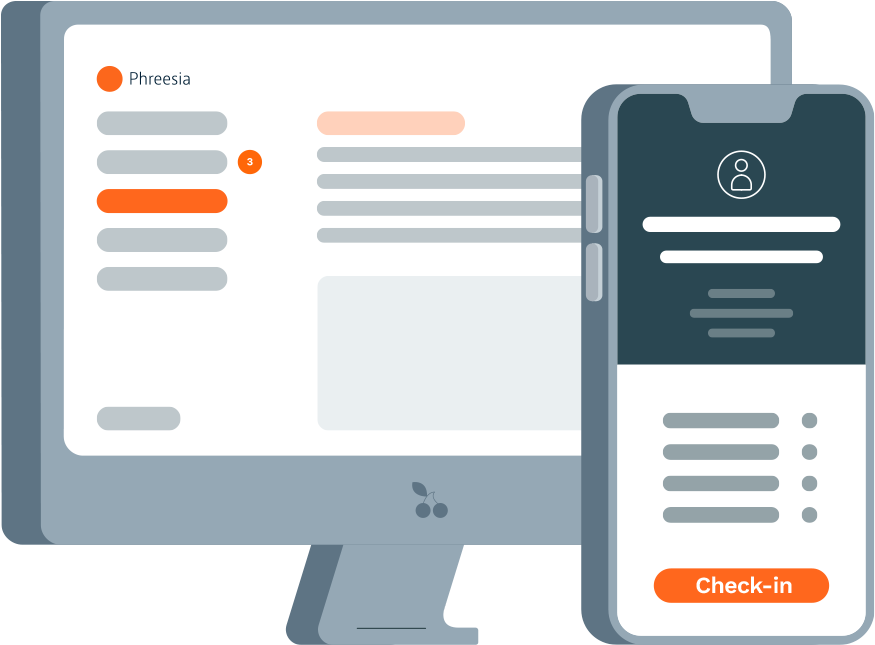Americans with private health insurance have seen their total out-of-pocket healthcare costs rise steadily during recent years, according to a study published Monday in JAMA Internal Medicine.
The study, conducted by researchers at the University of Michigan, found that the nation’s overall heath spending increased 2.9% per year between 2009 and 2013. Patients’ out-of-pocket costs for hospitalizations, on the other hand, jumped 6.5% each year, totaling a 37% increase in out-of pocket hospital costs during the five-year study period.
“I think the increases are very significant given this is a period of low health-care inflation and stagnant wages,” Larry Levitt, a senior vice president at the Kaiser Family Foundation, told the Washington Post. “It’s really about finding the right balance between out-of-pocket costs that don’t discourage people from getting care they need, but also don’t encourage people to use care that is maybe wasteful. I think we are — as a society, we’re struggling to find the right balance.”
Deductibles rose 86% and coinsurance costs increased 33% from 2009 to 2013, according to the study.
The research comes as the number of Americans enrolled in high-deductible health plans continues to grow. Nearly 50% of workers are covered by a plan with a deductible of at least $1,000 for individual coverage, according to survey data from the Kaiser Family Foundation. Almost 90% of the plans offered in the Marketplace are considered high-deductible plans.
Read the JAMA Internal Medicine study (subscription required)
Read the Washington Post story
Read the Bloomberg story
Read a Health Affairs policy brief about high-deductible health plans





